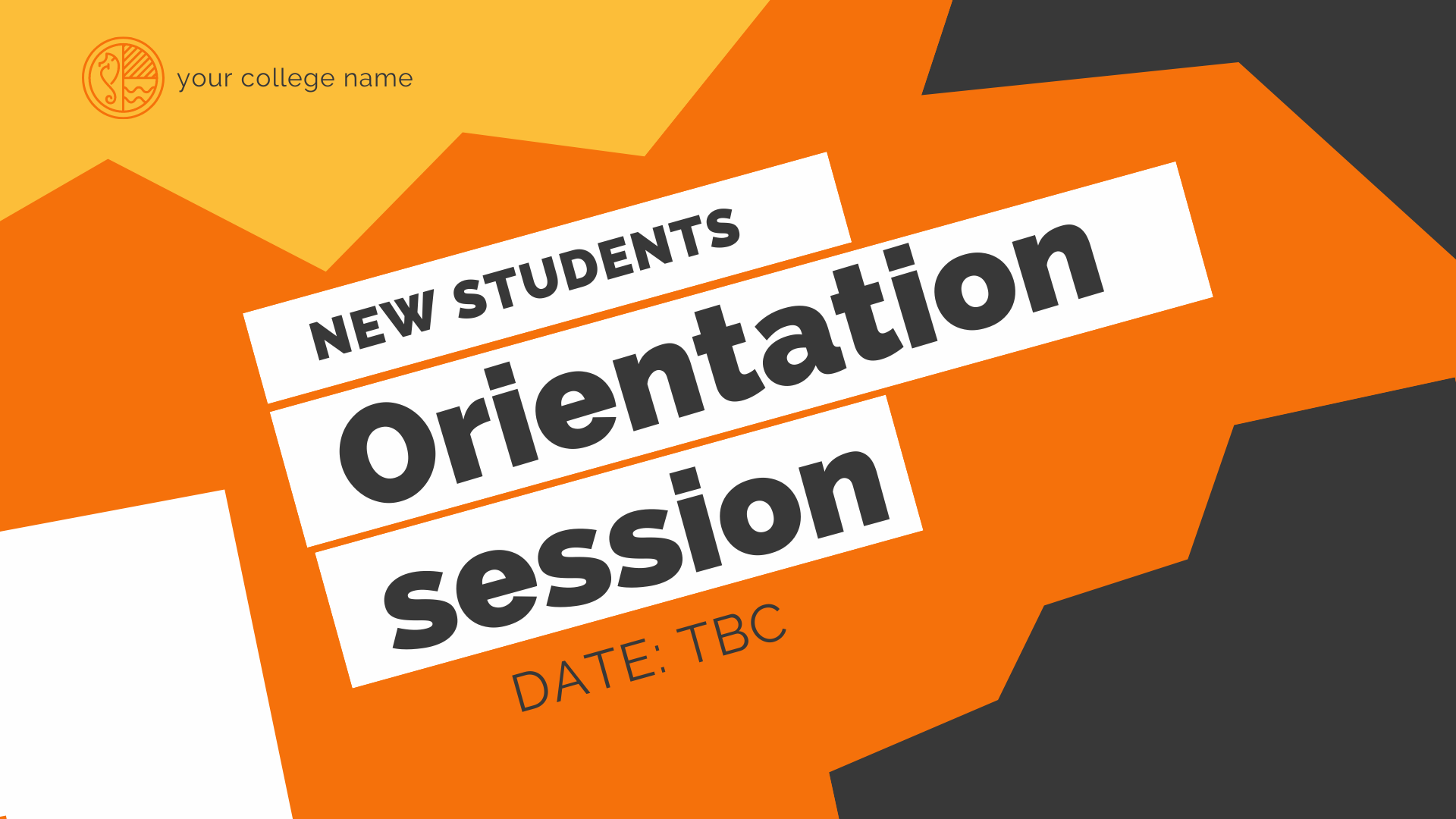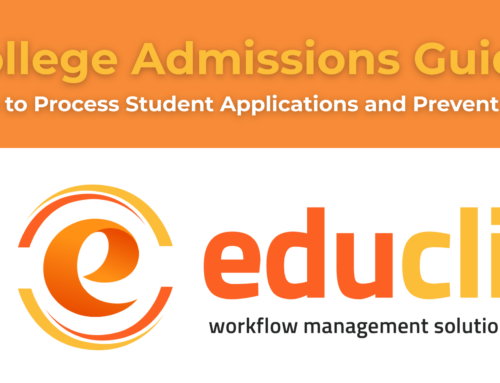Orientation sessions for international students are a must
“Orientation is a pivotal moment in a student’s journey; it can set them on a path to success or, if neglected, lead to significant challenges.”
According to the Higher Education Standards Framework (HESF), “successful transition into courses of study is achieved through orientation programs tailored to the needs of student cohorts, with specific consideration for international students adjusting to living and studying in Australia.”
Similarly, the National Code (NC) mandates that “registered providers must support the overseas student in adjusting to study and life in Australia by providing age and culturally appropriate orientation programs.”
Pre-Arrival Campaigns
Pre-arrival campaigns are essential in equipping prospective international students with the knowledge, skills, and understanding necessary to prepare for and adjust to living and studying in Australia. Orientation programs lay a critical foundation for students’ academic and personal success. Decades of research indicate that the transition into university is crucial for student learning, persistence, success, and well-being. The quality of this transition can significantly predict student success throughout their degree (Hughes, G. et al, 2022, p.88). It is evident that a successful transition extends beyond the initial three weeks.
Support for Overseas Students
Under the National Code of Practice for Providers of Education and Training to Overseas Students 2018, training providers must develop support processes for overseas students. This includes monitoring progress and providing support during the enrollment process. These requirements address the unique challenges faced by overseas students, who are often isolated from family, cultural, and community groups, and may struggle with language and cultural differences.
Top 3 ESOS Requirements
Providers must meet three additional requirements as part of the Education Services for Overseas Students (ESOS) framework:
- Orientation Program
-
- Welcome new students with a culturally and age-appropriate orientation program. Standard 6.1 outlines the necessary considerations. Providing supporting documentation for future reference is a good practice.
- Official Point of Contact/Nominated Student Support Staff
-
- Designate at least one staff member as an official point of contact for student support needs. If this officer changes, notify students as soon as possible. Ensure sufficient student support staff for the number of students and their identified needs. These staff members should be:
- Aware of their obligations under the National Code and the ESOS framework.
- Ensure interactions with students align with the National Code and the ESOS framework.
- Designate at least one staff member as an official point of contact for student support needs. If this officer changes, notify students as soon as possible. Ensure sufficient student support staff for the number of students and their identified needs. These staff members should be:
- Critical Incident Policy
-
- Develop a documented critical incident policy, including procedures for incidents that could lead to student harm. These procedures should include:
- Contacts for relevant emergency and immigration agencies.
- Contacts for family members and support agencies.
- A record of the incident, actions taken, and follow-up responses, maintained for two years after the affected student is no longer a student under the ESOS Act.
- Develop a documented critical incident policy, including procedures for incidents that could lead to student harm. These procedures should include:
Applying Student Support to Overseas and Domestic Students
While Standard 6 applies specifically to overseas students, providers can implement these processes for domestic students as a good practice approach. For instance, Standard 6.9 requires providers to ensure a safe environment for students, provide information on maintaining safety, and explain how to report any incidents of concern.
A Guide to Compliance
Registered Training Organisations (RTOs) must retain evidence demonstrating full compliance with these requirements. Regardless of how the information is provided to prospective students, it must be accurate and conform to the planned training and assessment described in the RTO’s strategies.
Demonstrating Compliant Practice
The type of evidence required varies depending on how information is presented to prospective students. For example, if the information is provided on the RTO’s website, it must be demonstrated that each prospective student is directed to this information before enrollment.
RTOs may provide evidence by:
- Keeping a hard copy of the information provided to each student, including the date and confirmation that the student has read and understood the information (e.g., a student acknowledgment).
- Providing content from information sessions conducted for prospective students and attendance records.
- Showing that students receive regularly reviewed and updated information about licensing and regulatory requirements for specific qualifications, based on input from licensing bodies, ensuring consistency between hard copy and electronic pre-enrollment information.
Involving Education Agents in Student Support and Orientation
The responsibility of student support and orientation extends beyond the institution itself to include education agents who play a crucial role in the recruitment and preparation of international students. Education agents should be well-informed about the orientation programs and support services available, ensuring they convey this vital information to prospective students. By doing so, they help set realistic expectations and provide a smoother transition for students entering a new educational environment.
Education agents must emphasise the importance of participating in orientation programs and utilising available support resources, thereby reinforcing the institution’s commitment to student success and well-being from the very beginning of their academic journey.
Fostering a Sense of Belonging
Orientation is a key opportunity to foster a sense of belonging within your institution. It requires ongoing explicit attention through providing a “relentless welcome,” opportunities for “inescapable interactions,” and viewing every interaction as a “belonging opportunity” (Felten, P. & Lambert, L., 2020).
At Educli, we have prepared a FREE comprehensive guide and orientation program for international students, including a sign off form. Feel free to use this for your orientation or distribution to students and support staff.
If you are interested in a customised orientation or CRM tailored to your needs, please contact us.
Coming up next: Students pre-arrival interactive guide and Student Support Staff training guide.
#StudentOrientation #InternationalStudents #StudentSupport #StudyInAustralia #EducationSuccess #UniversityLife #StudentTransition #CulturalAdjustment #HigherEducation #WelcomeWeek #StudentWellbeing #AcademicSuccess #GlobalEducation #OrientationProgram #ESOSCompliance #StudentSafety





Leave A Comment